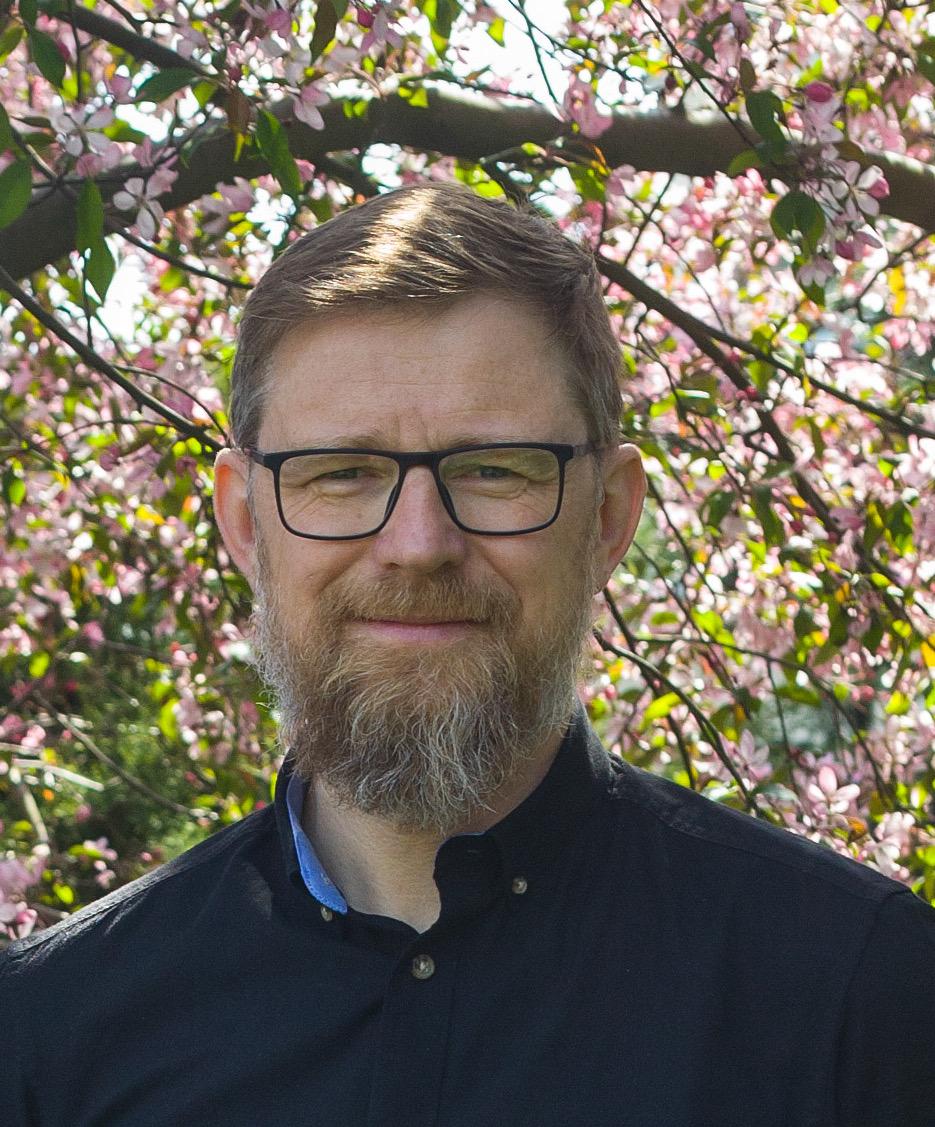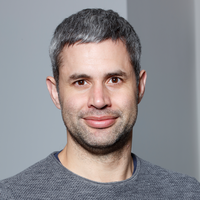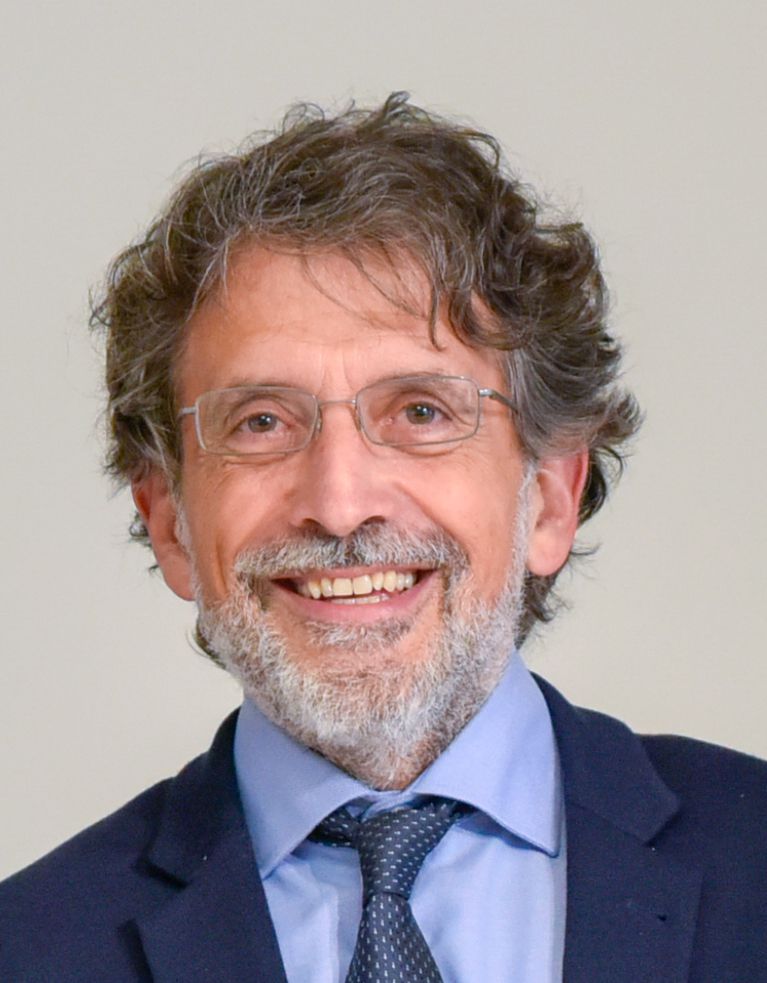
Structural biology: From complexes to membrane-less organelle
Structural Biology: From Complex to Membrane-less Organelle
Molecular mechanisms of DNA repair in bacteria

Marcin Nowotny
International Institute of Molecular and Cell Biology, Warsaw, Poland
Marcin Nowotny heads the Laboratory of Protein Structure at the International Institute of Molecular and Cell Biology (IIMCB) in Warsaw. He graduated from the Faculty of Chemistry at the University of Warsaw in 1997. In 2002 he received a Ph.D. degree in Biochemistry from the Nencki Institute of Experimental Biology in the group of prof. Jacek Kuźnicki. Between 2003 and 2008 he was a postdoctoral fellow at the National Institutes of Health in Bethesda, Maryland in the group of Dr. Wei Yang. Since 2008, Dr. Nowotny has been leading a group at the IIMCB. His research uses structural biology and protein biochemistry to study the mechanism of enzymes involved in nucleic acid processing. Recent major achievements of his group include elucidation of the mechanism of unique bacterial template- and priming-independent DNA polymerases with anti-phage activity, elucidation of the molecular architecture of RecFOR - a key complex in bacterial homologous recombination, and determination of structure and mechanism of TnsB transposase from one of the most common bacterial transposons Tn7. Dr. Nowotny's group is also involved in several collaborations with pharmaceutical companies. For example, in collaboration with Ionis Pharmaceuticals, his group described how proteins bind phosphorothioate DNA with enhanced affinity. Marcin Nowotny is a member of EMBO and the Academia Europaea. In 2022, he received the Prize of the Foundation for Polish Science - the highest award of its kind in Poland.
Decoding molecular plasticity in the dark proetome

Edward A. Lemke
Institue of Molecular Physiology, Johannes Gutenberg University Mainz, Germany
Edward Lemke started his professorship for synthetic biophysics of protein disorder at the faculty of biology at Johannes Gutenberg University in Mainz in 2018 and was appointed as adjunct director at the Institute for Molecular Biology (IMB). Lemke is one of the leading experts in the field of intrinsically disordered protein research, as which he also led an Emmy-Noether-group at the European Molecular Biology Laboratory (EMBL) in Heidelberg and won an ERC Consolidator Grant in 2015 as well as an ERC Advanced Grant in 2020. His team makes important contributions to the field by combining chemical, synthetic, biotechnological and cell biological expertise with high-resolution and single-molecule fluorescence measurements of protein plasticity. Lemke is the spokesperson of the DFG priority program for “Molecular mechanisms of phase separation” (SPP2191), the coordinated research Centre SFB1551 on “Polymer concepts in the Cell”. His research paves the way for interdisciplinary life science research in Mainz with his work on the “dark” (i.e. disordered) proteome and its impact on ageing.
Master of cell division: structure and assembly of the kinetochore

Andrea Musacchio
Max Planck Institue of Molecular Biology Dortmund, Germany
Andrea Musacchio (born 1964) graduated in Biology from the Tor Vergata University of Rome in 1990, working with Prof. Giovanni Cesareni on the development of phage display libraries. Musacchio later moved to the European Molecular Biology Laboratory in Heidelberg to carry out his PhD work in the area of biochemistry and structural biology, supervised by the late Dr. Matti Saraste. After receiving his PhD title from the University of Heidelberg, Musacchio moved to the Harvard Medical School to work as a postdoctoral fellow in the laboratory of Prof. Stephen C. Harrison, supported by Human Frontier Science Program and the American Cancer Society postdoctoral fellowships. In Boston, Musacchio worked on the structural characterization by X-ray crystallography and electron microscopy of proteins implicated in trafficking of membranes and proteins in cells, including Clathrin and PI3 kinase. In 1999, Musacchio established his first laboratory at the European Institute of Oncology in Milan, where he began investigating the molecular mechanisms of cell division using a combination of structural, biochemical, and cell biological methods. Cell division remains Musacchio’s main interest to these days. In 2011, Musacchio moved to Dortmund to direct the Department of Mechanistic Cell Biology at the Max Planck Institute of Molecular Physiology. In 2012, he received an honorary professorship at the University of Duisburg-Essen. Musacchio authored approximately 160 research papers. He was elected EMBO member in 2009, was awarded three European Research Council grants (2009, 2015, 2021), received the DFG’s Leibniz Prize in 2020, and is an elected member of the German Academy of Science Leopoldina (2023).



